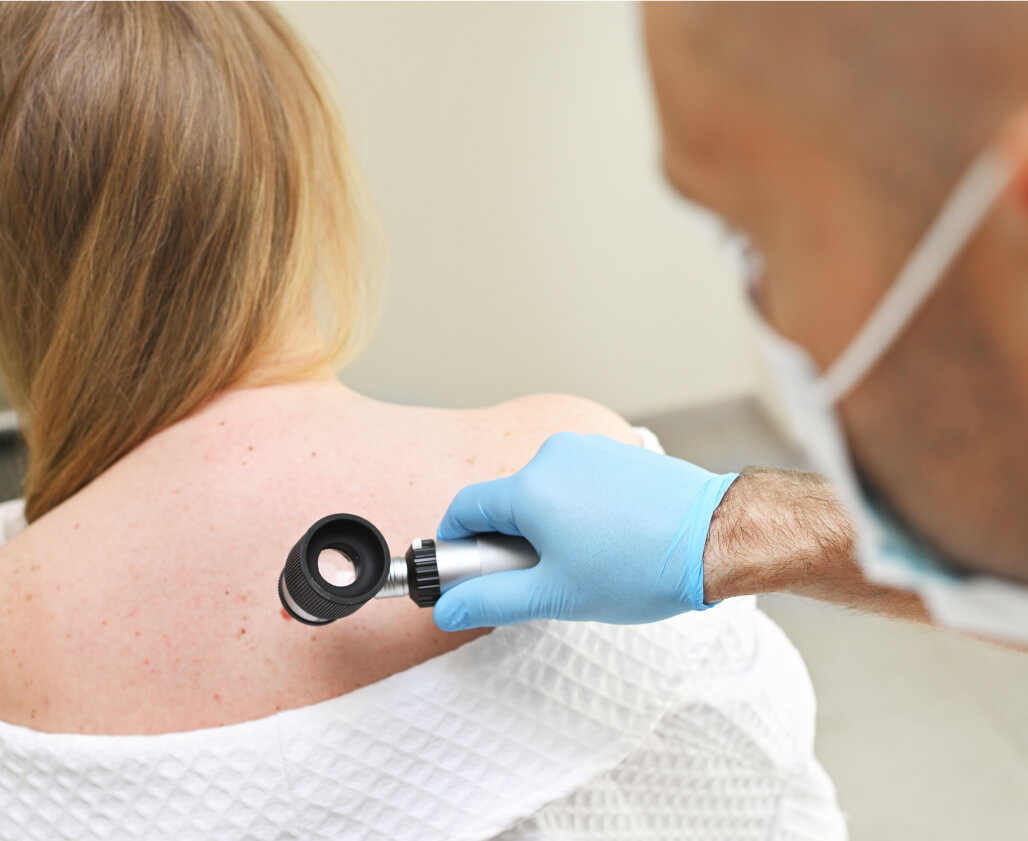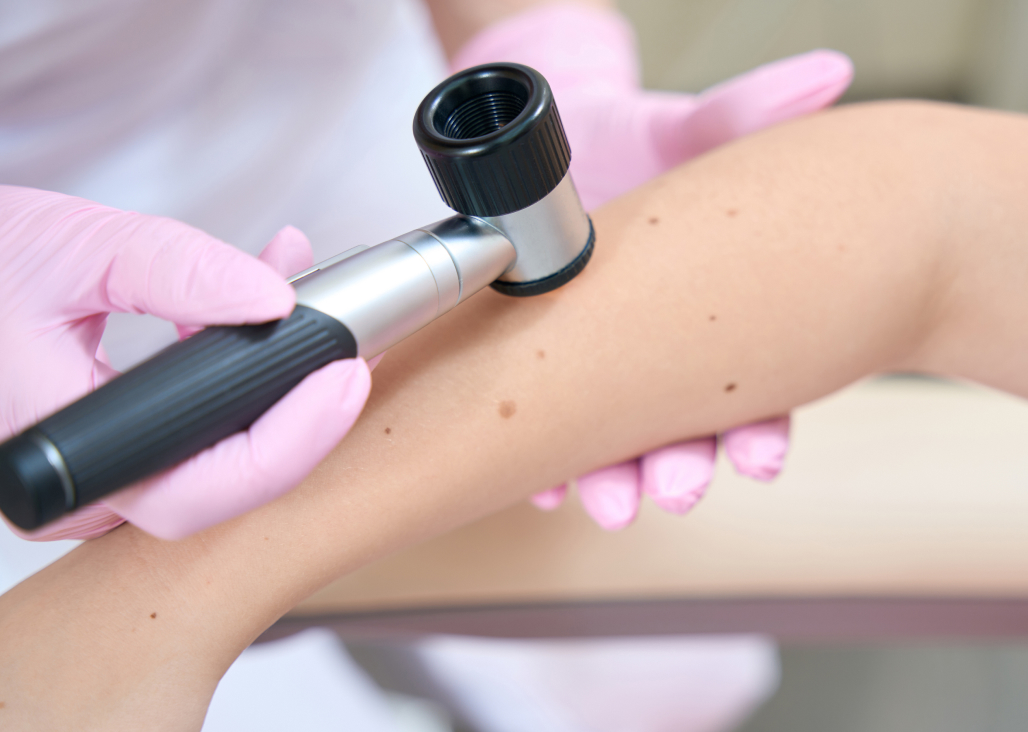Skin cancer is one of the most common cancers in Australia, and early detection plays a crucial role in improving outcomes. Medical practitioners consulting from Langpark Health offer assessment and excision of moles and other skin lesions that may be suspicious or require removal for diagnostic or therapeutic reasons.
Patients are encouraged to book a skin check appointment if they notice new, changing, or irregular moles, spots that don’t heal, or any other skin concerns. Following a skin check, a practitioner may recommend excision of a lesion for biopsy or complete removal.


Regular skin checks can support early diagnosis and prompt treatment of skin cancer. Medical practitioners consulting from Langpark Health are experienced in skin assessments and may offer minor surgical procedures, including mole and skin cancer excisions, within the practice.
Appointments are available for skin checks and follow-up procedures. If a lesion requires attention, your practitioner will discuss the recommended next steps with you.

After Hours Service
Phone 03 9789 5966 and a message will tell you how to contact the doctor on-call

Site by Luna Digital Marketing